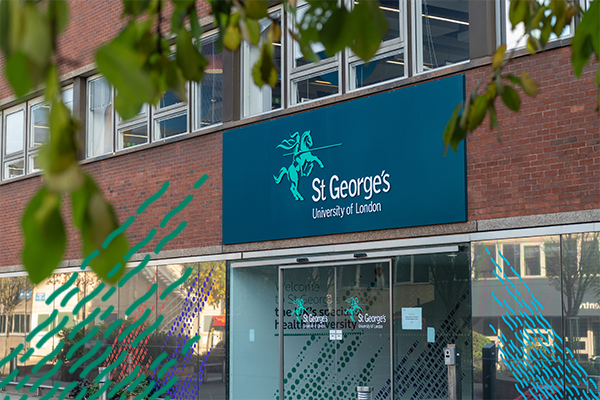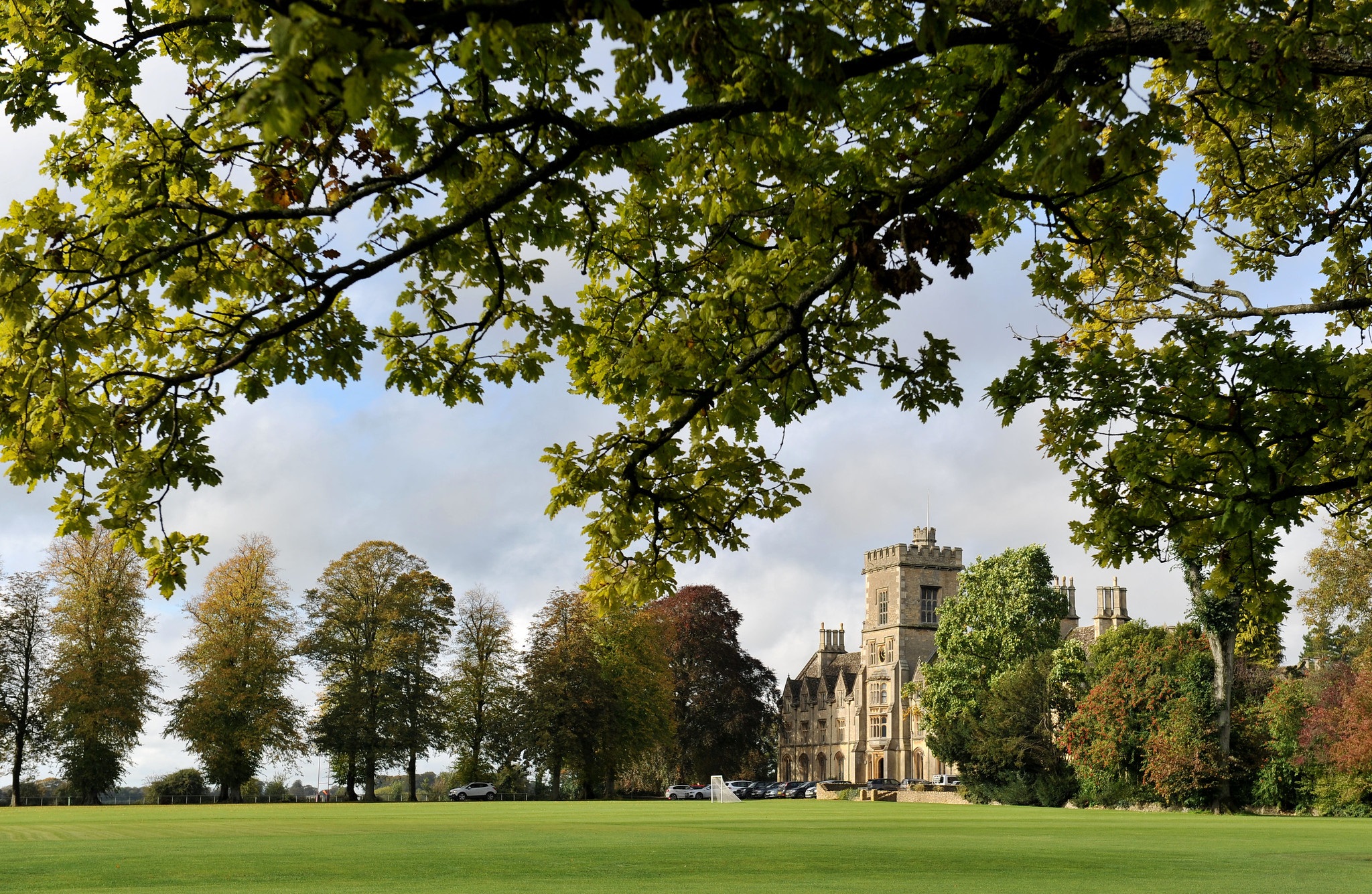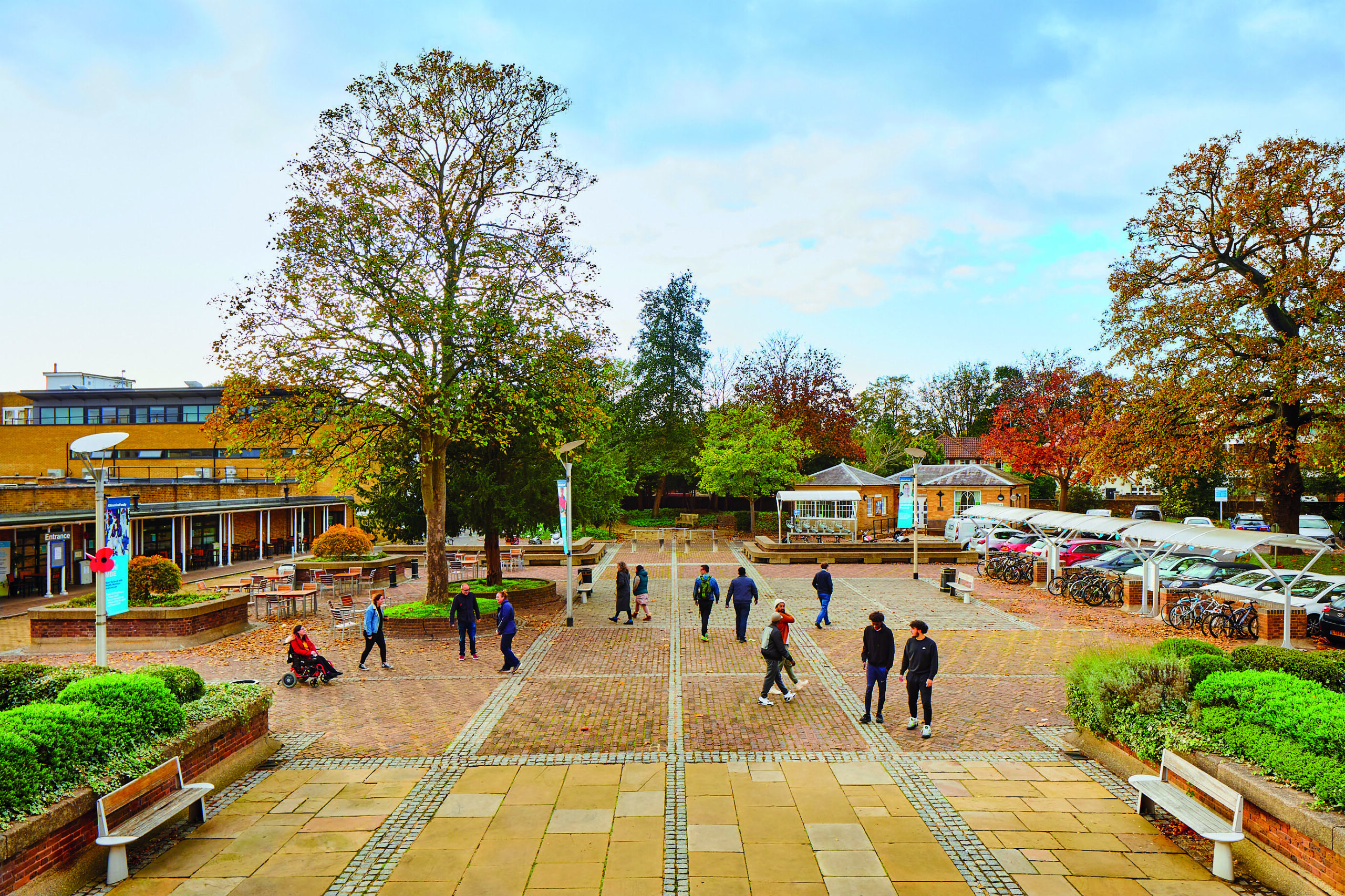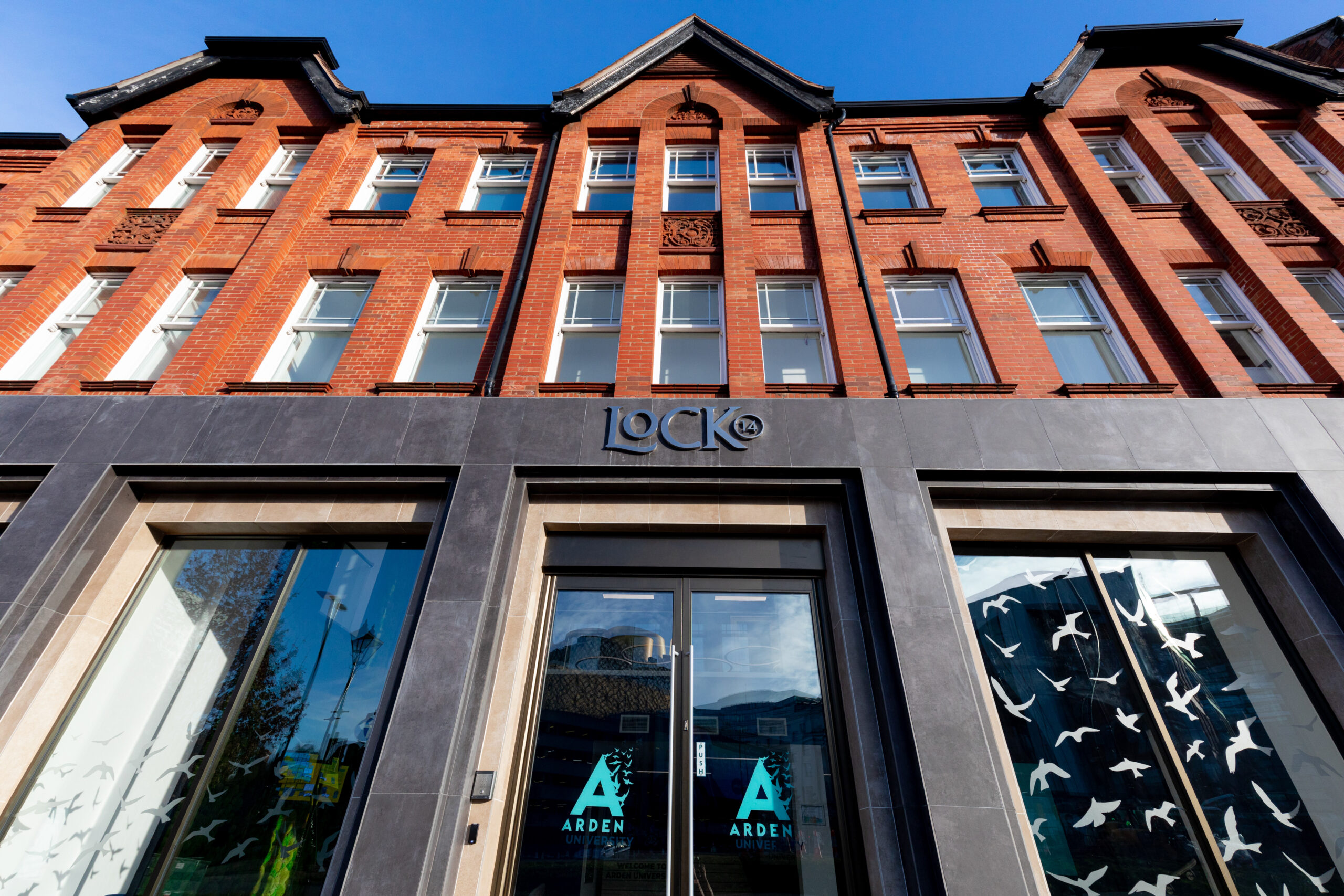Spotlight on: St George’s, University of London
Known for its innovative approach to medical education, Anna Dulic-Sills, Chief Operating Officer at St George’s, University of London, tells us more about the institution and the latest merger.

Where is your university?
In London (southwest London, Tooting)
When did it become a university? What are its origins?
An independent member of the University of London, St George’s, University of London has a long and illustrious history of training doctors dating back more than 270 years and is the only UK University focused on healthcare, science and medicine education and research.
St George’s Hospital opened in Lanesborough House at Hyde Park Corner in 1733. Although the hospital has been training doctors since its early days, the medical school was formally established in 1834.
Describe the campus
The St George’s campus is the only University to share a campus with a teaching hospital (St George’s Hospital in Tooting, southwest London), helping immerse students in a professional environment whilst learning from practicing clinicians working on the frontline.
Cutting-edge facilities at St George’s include a state-of-the-art paramedic simulation centre that enables students to learn clinical skills and practice techniques in a safe environment, and a Radiography Suite with facilities which mirror those found in Radiography departments of hospitals around the UK.
In 2022, St George’s was awarded the maximum amount of £5.8 million per provider in a bid for funding from the Office for Students specifically to boost teaching facilities and equipment in higher education institutions. This is funding an Education Transformation Project to enhance existing student facilities and equipment.
How many students does your university have (UG, PG)? What percentage are from overseas?
We have around 3740 Undergraduate and Postgraduate students, with just over 6% of international students.
How is accommodation provided to students?
Offer holders who have made St George’s their firm choice are welcome to apply for accommodation. First year students are prioritised for Horton Halls, with students in subsequent years expected to make their own accommodation arrangements in the private rental sector.
Is the university known for particular areas of study?
St George’s is well known for its innovative approach to medical education. It was the first UK institution to launch a Graduate Entry Medicine Programme, a four-year fast-track medical degree course open to graduates in any discipline.
Our Clinical Pharmacology degree is the only undergraduate course dedicated to Clinical Pharmacology, and was named the third best pharmacy and pharmacology course in the UK by the Guardian in 2022.
We are leading the way in the Physician Associate (PA) profession. St George’s is the only institution which has run a PA course continually since it first launched in 2008 and it is consistently amongst the highest performers among 40 institutions which now offer the course.
St George’s offers specialist courses in cardiology taught by world leading cardiologists, of which our Heart Failure MSc is a structured international teaching programme that was the first of its kind. Our Sports Cardiology MSc is also the only one of its kind in Europe.
We also offer many professional degrees at postgraduate level aimed at training healthcare professionals in specialist areas including Clinical Practice, Genomics and Mammography.
What makes you particularly proud of your university? or what’s your favourite thing about your university?
My favourite aspect of St George’s is its very friendly and nurturing atmosphere where all staff can thrive. I am particularly proud of the inclusive culture that permeates all levels of the University, with full support of our Vice-Chancellor. There will always be a special place in my heart for St George’s.
Which notable alumni have attended your university? or Who have you awarded honorary degrees to?
Among the University’s most famous alumni are Edward Jenner (famous for eradication of smallpox) and Henry Gray (publishing book ‘Gray’s anatomy’ in 1858, still used today for teaching medical students).
Today, our alumni continue to be pioneers within healthcare and other fields. In 2022, Physiotherapy alumna, Preet Chandi, made history as the first woman of colour to trek across Antarctica. Medicine alumni, Professor Helen Stokes-Lampard and Sir Patrick Vallance, were recognised in the late Queen Elizabeth II’s Birthday Honours List in 2022. Professor Stokes-Lampard was awarded a damehood for services to General Practice, and Sir Patrick Vallance was made a knight commander of the Order of the Bath – an honour which recognises the work of senior military officials and civil servants and came three years after his knighthood in 2019.
In 2023, Dr Jim Bush and Professor Beverley Harden received Honorary Degrees. Dr Bush, a Clinical Pharmacologist at Labcorp, has been instrumental in establishing work experience placement opportunities for students on the BSc (Hons) Clinical Pharmacology at St George’s. He received a Fellowship of St George’s. Professor Beverley Harden is the Deputy Chief Allied Health Professions Officer for England, and Health Education England’s Allied Health Professions Lead and received a Doctor of Science. She has led a variety of large multi-professional healthcare services, NHS trust education services and complex service and workforce transformations across systems as national advisor to the NHS England New Models of Care team.
Tell us an interesting piece of trivia about your university. or Do you have a favourite spot on campus?
Edward Jenner (who was a student here from 1770 to 1774) successfully performed the first vaccination against smallpox, leading to the eventual complete eradication of the disease in 1980. The hide of Blossom, the cow used in Jenner’s smallpox experiment, was presented to St George’s Medical School by Jenner’s son in 1857 and has remained in the university’s possession ever since. Currently, it is on permanent display in our Library.
Which is your most successful sports team or student group?
Our student Cheerleading Club became the 2023 National Cheerleading Champions and our Cricket team won the Indoor Southern Area Cricket Cup in 2023!
Which challenges is your university currently facing? or What keeps you awake at night?
St George’s has recently signed a merger with City, University of London, which is an exciting time for both institutions. While this presents challenges, such as a requirement for additional resource and a short-term impact on workload, it also brings many great long-term benefits and will position our new combined institution among the top players in London HE.
What is your university motto?
Our mission is to improve health for everyone through inspiring education and research. We strive to CARE for ourselves and others through our shared values of Collaboration, Ambition, Respect and Equity.
Is there anything else you would like to share about your university?
St George’s, University of London has recently received an institutional Athena Swan Silver award, acknowledging the continued work in promoting equity and diversity in the University community. In doing so, St George’s joins a small number of universities to retain their award status under Advance HE’s new Athena Swan Charter. This further demonstrates the University’s commitment to, and success in, promoting gender equality across its work and activities. St George’s was first awarded the Athena Swan Silver award in 2018. This fresh award status highlights a more intersectional approach to work in equality, diversity and inclusion and is a testament to the hard work of our Vice-Chancellor, Professor Jenny Higham, dedicated Equality, Diversity and Inclusion team, and incredible staff and students to promote an inclusive and supportive culture.
Related Blogs



